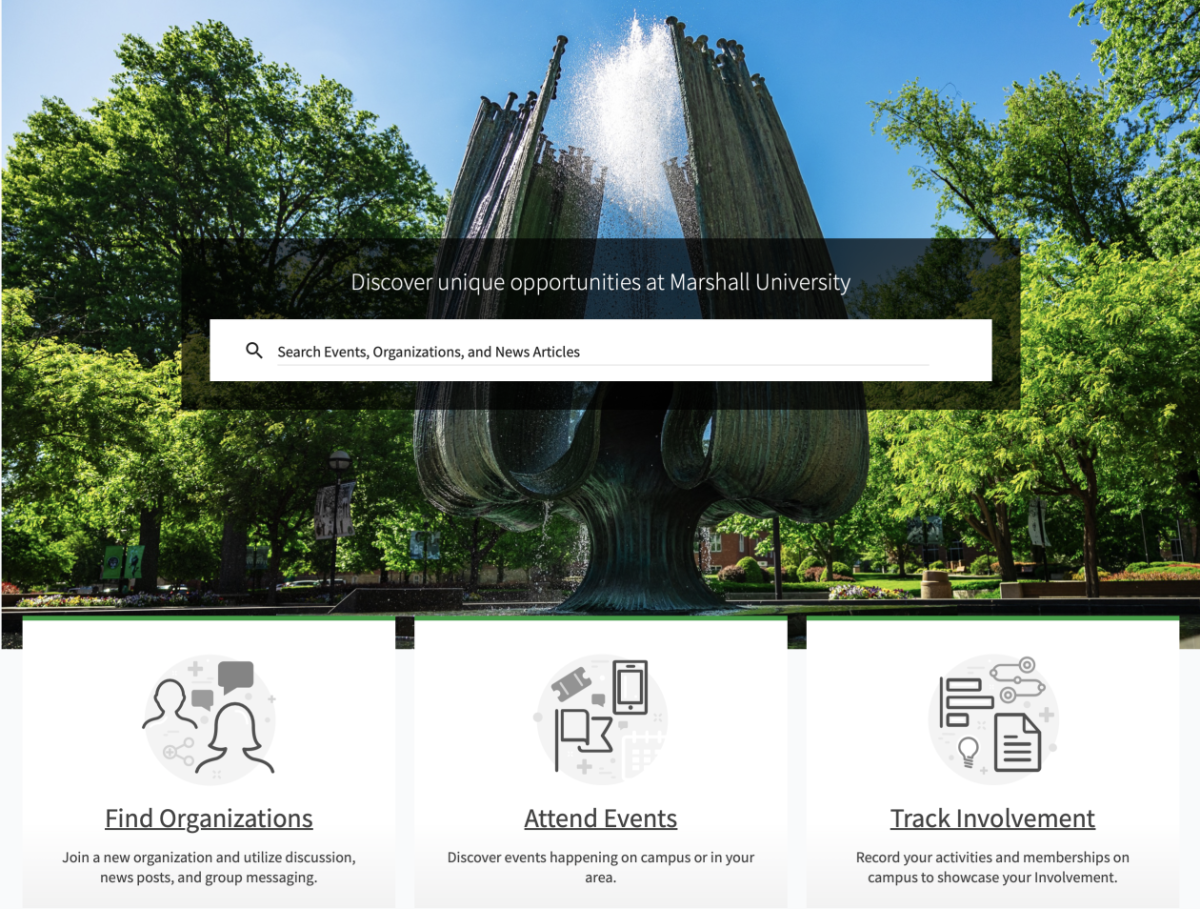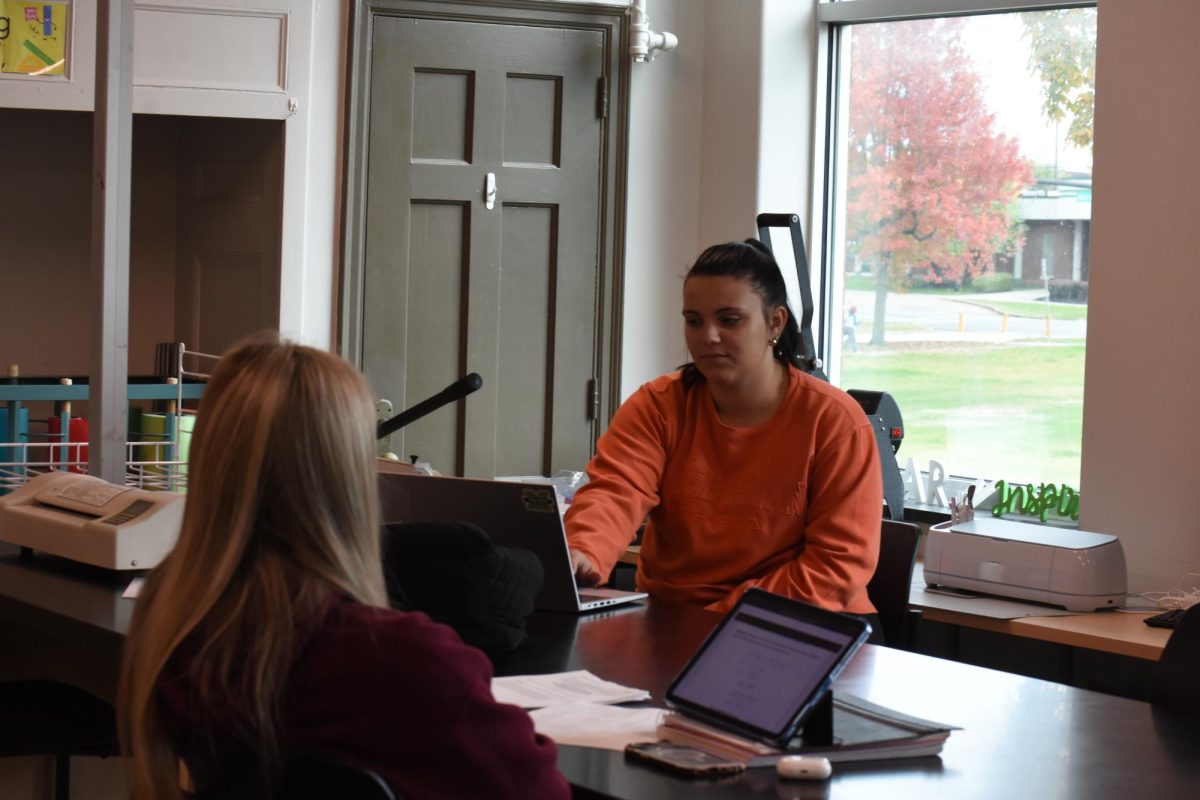The Amicus Curiae Lecture Circuit hosted its third guest Tuesday, Oct. 28. The night’s speaker, Samantha Barbas, is a professor of law at Iowa University and renowned political science and history author. Her talk focused on the landmark court decision, New York Times v. Sullivan, which set the current precedent of the First Amendment.
While Barbas’ speech followed the roadmap and process of the decision, she also highlighted historical connections between the case and other movements. Most prominent of these is the civil rights movement, whose leaders were a key target of the libel lawsuits.
The unjust attacks on their involvement in civil rights through the justice system was a key reason justices ruled in favor of New York Times and protected the right of free speech.
This factor is often lost in retellings of the case, although it adds to the importance of the ruling. Without the judicial precedent created, many press-catalyzed events may not have been possible, including press exposure of Vietnam, Watergate and the rise of investigative journalism, as referenced by Barbas.
These points are frequently forgotten by students and citizens without context for a past version of the First Amendment.
“People tend to take freedom of speech for granted. They don’t recognize the very difficult battles that had to be fought to win these fundamental rights,” Barbas said.
Barbas also encouraged an understanding of the case in the context of understanding how to interact in a democratic society.
“Sullivan also shows how important it is to defend unpopular speakers,” Barbas said. “Like the Civil Rights Movement was very unpopular, but ultimately, if we didn’t protect their speech, we wouldn’t have the society we are living in today.”
In putting her speech into action, Barbas encourages students to exercise their First Amendment and preserve the environment of flexible free speech allowed by the New York Times v. Sullivan case.
“One way is to speak out and to voice your opinions, and I think another way is to respect the rights of others to speak out and to voice their opinions,” Barbas said.
Barbas ended her lecture with a look into the current state of the First Amendment through the New York Times v. Sullivan case. She asserted her belief in the continued strength of the ruling, despite some calls for stronger libel defense laws.
“I think the law is pretty solid. I don’t think that much of that is going to change,” Barbas said. “I think that there are some people that think freedom of speech has gone too far and we need to limit it, but I don’t know if that is going to result in new Supreme Court opinions.”
The lecture received generally positive regards from the audience, whose impression of the speaker was one of articulation and intelligence.
“She did an incredible job at addressing each question regarding the case and expanding on how it applied today,” said Kirsten Beane, Marshall student and audience member.
This lecture marks the last Amicus Curiae event for the fall, but the series will pick back up in the spring.
Claire Johnson can be contacted at [email protected].














